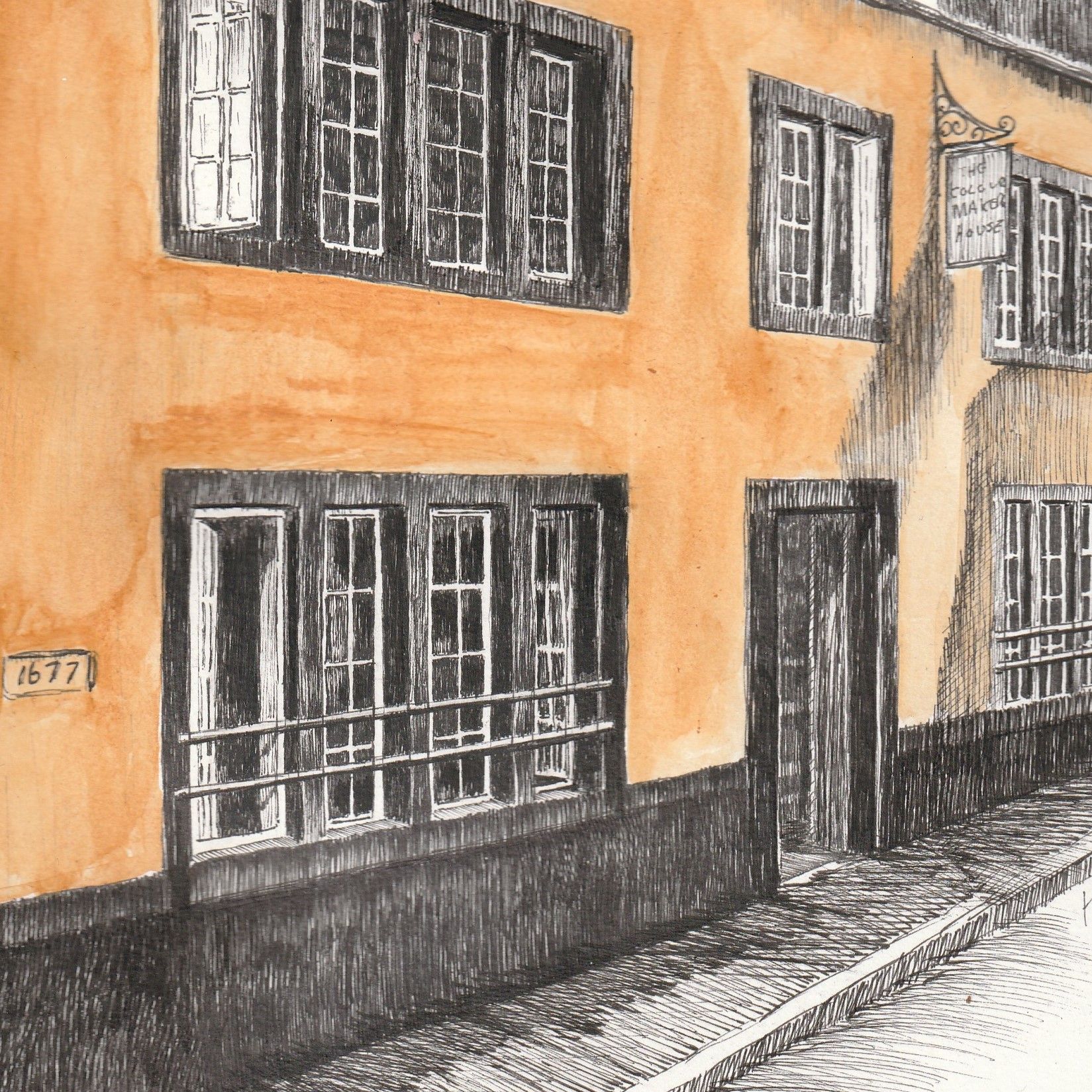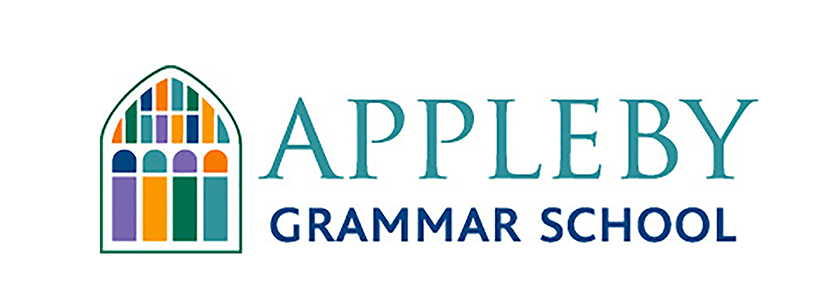
Alchemy at the Historic Colour Maker's House
on the edge of the Lake District - 017683 53530
Chapter 13 - Why
Alice's dramatic entrance into the studio, fueled by a storm of emotions, confronts Professor Blick with years of pain and accusation. Her raw outburst questions his motives, revealing deep-seated wounds from his past critiques and her struggle to preserve her love for art amidst his disparaging remarks. As she breaks down, Thomas intervenes, offering a moment of calm in the tempest.
Professor Blick, under the weight of the confrontation, reveals a complex web of intentions tied to Alice's late mother. He confesses his envy of Alice's talent, reminiscent of her mother's, and his role, as tasked by her mother, to nurture Alice's artistic gifts. This confession unveils the tangled motivations behind his actions: a mix of professional jealousy, a misguided attempt to fulfill a promise, and a hidden agenda influenced by Alice's father's wishes.
Alice, overwhelmed by Blick's revelations, grapples with a maelstrom of feelings. The critique she once perceived as purely antagonistic now appears in a different light, suggesting a misguided effort to steer her path rather than diminish her spirit. This shift forces Alice to reassess her past interactions with Blick, stirring a complex blend of betrayal and empathy within her.
The dialogue transitions into a philosophical debate about the role of artists in society, with Thomas passionately defending the intrinsic value of art and creativity against Blick's pragmatism and the external pressures from Alice's father. This discussion, underscored by references to Arthur O'Shaughnessy's "Ode," elevates the conversation to a reflection on the transformative power of art and the artist's place in the world.
As the confrontation subsides, leaving Alice to ponder the day's events alone, she reflects on her journey and the newfound understanding of her mother's legacy and Blick's conflicted actions. The solitude of the studio, coupled with the twilight's serene beauty, allows Alice to find peace in the midst of turmoil, embracing her identity as an artist and dreamer.
The chapter closes with Alice, renewed by her revelations and Thomas's unwavering support, ready to face the future. Her return to painting symbolizes a recommitment to her art, now enriched by a deeper understanding of her past and a clear vision for her role as a creator. In this moment of quiet resolve, Alice embodies the spirit of the "music maker" and "dreamer of dreams," poised to make her mark on the world through her art.





All Rights Reserved | Pure Pigments & The Colour Makers House
We use cookies to ensure that we give you the best experience on our website.